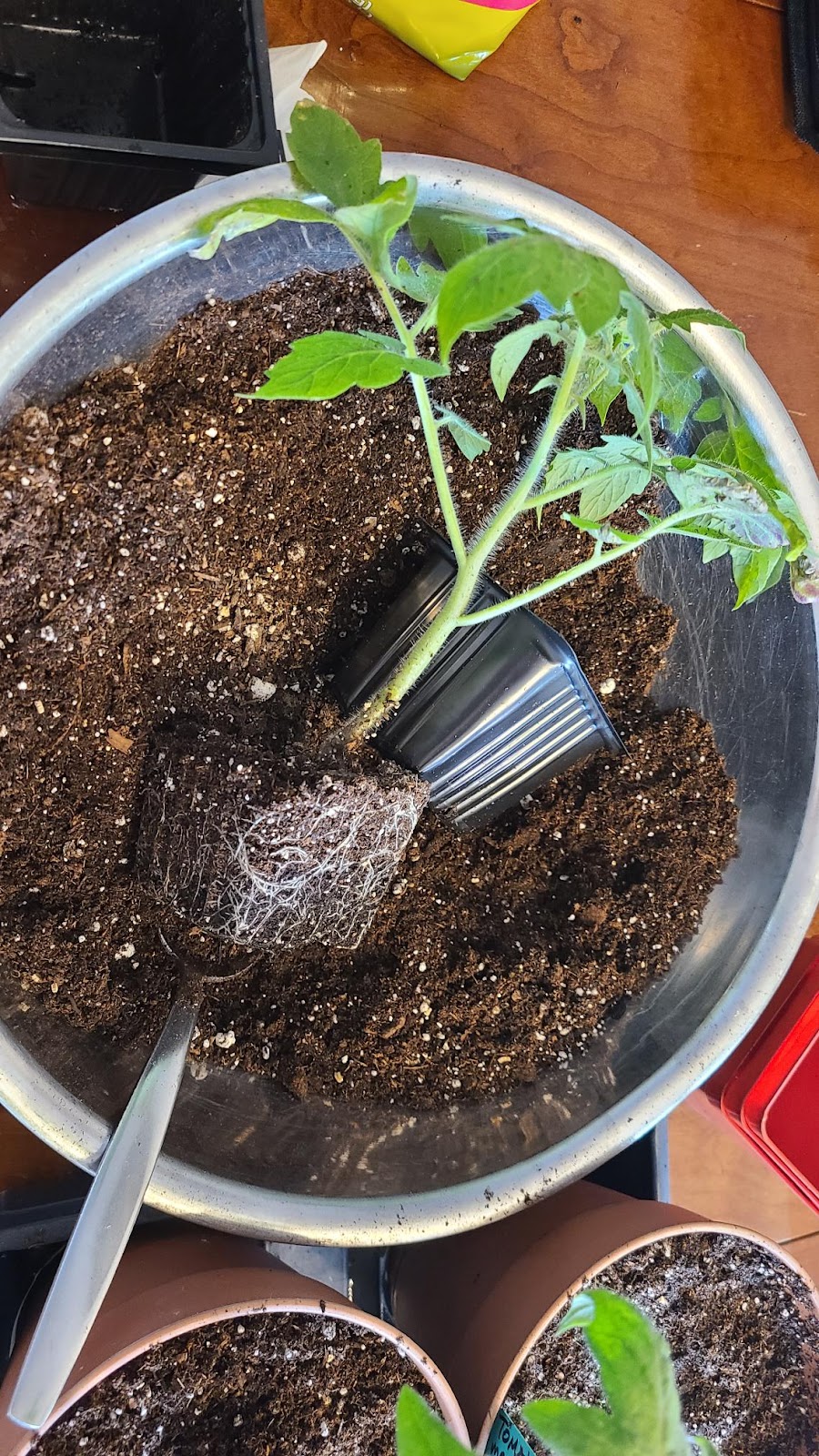by Sybil Johnson
I am back from Malice Domestic where I had a great time seeing people I hadn’t seen in a while, meeting new people and seeing people IRL that I’ve only seen online. But, yes, I am tired.
Amazingly enough, I didn’t have too much of a problem adjusting to the three hour time change at Malice. And I seem to be back on Pacific time now a day after returning home. I always do better with time changes going west.
We got to the hotel late Wednesday evening so we had Thursday to do some sightseeing. We went to the National Zoo to visit the new pandas and went to the National Cathedral. We’d never been to the cathedral before. It is beautiful!
 |
| One of the pandas at the National Zoo |
 |
| Me toward the beginning of the conference when I'm fairly perky |
 |
| Me and Misty Simon the last day of the convention when I'm not as perky. She's always perky. |
 |
| The short story panel I was on |
 |
| Diane Valler, Gigi Pandian and me |
I did the Malice Go-Round this year, aka Speed Dating with Authors at 10am on Friday. Two authors go around from table to table and have 2 minutes each to talk about their books. I teamed up with Misty Simon who I adore. Had a great time doing it with her. It wasn’t as tiring as I remember it being from the previous times I’d done it. Not sure why. Maybe I was less uptight about it and decided to just go with the flow.
There were lots of interesting panels and interviews. Gigi Pandian, who I’ve known for a bit, was the Toastmaster. She did a wonderful job. The interview Ellen Byron did with her was great fun. Next year Ellen will be the Toastmaster and another author I know, Annette Dashofy, will be the Guest of Honor.
The Agatha banquet was fun as always. I met some people at my table I hadn’t met before. Lots of interesting table talk. I was very happy when Gigi won the Agatha for A Midnight Puzzle and when Phyllis Betz won an Agatha for Writing the Cozy Mystery. I am happy to say I contributed an essay to this book.
Agatha Award winners:
Best Contemporary Novel: Gigi Pandian for A Midnight Puzzle
Best First Novel: K.T. Nguyen for You Know What You Did
Best Non-fiction: Phyllis M. Betz for Writing the Cozy Mystery: Authors’ Perspectives on Their Craft
Best Children’s/YA: K.A. Jackson for Sasquatch of Harriman Lake
Best Historical Novel: Amanda Flower for To Slip the Bonds of Earth
Best Short Story: Barb Goffman for “The Postman Always Flirts Twice”
Sunday morning I was on a short story panel moderated by Barb Goffman with Tina Kashian, Paul Awad and P.M. Raymond. There were a lot of people in the audience, which I was quite surprised about since Sunday is a travel day for many attendees. Lots of interesting questions and discussion about short stories. Some people expressed surprise that I find it easier to plot a Whodunit novel than a short story of the Whodunit variety.
Of course, I bought a few books and came away with other books to buy and authors to follow.
All in all, it was a great conference. I don’t know how many people attended, but there were a lot, but not too many. I did walk a fair amount, but it was nowhere near as much walking as I did at Bouchercon in San Diego. The hotel isn’t huge and everything is on a couple floors in the same general area. There’s an escalator and an elevator that makes it easy to go between the two floors.
I am looking forward to next year. If you enjoy traditional and cozy mysteries, this is the conference for you.





















